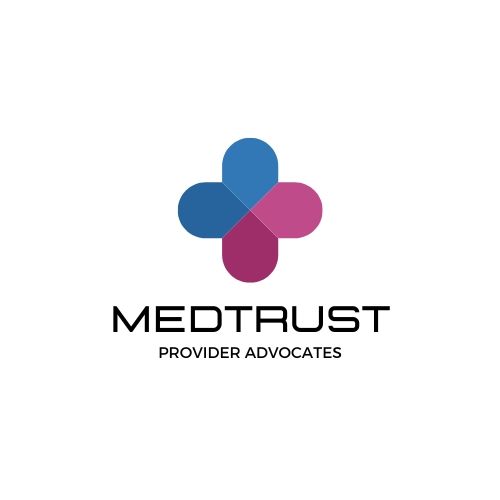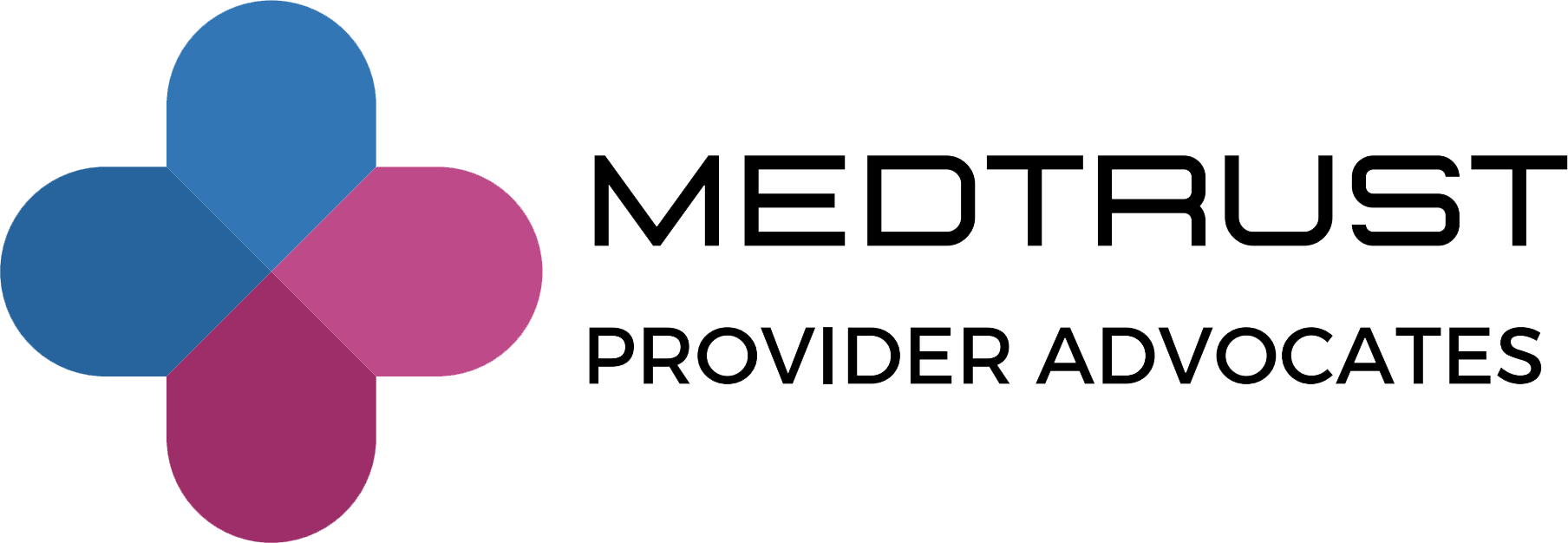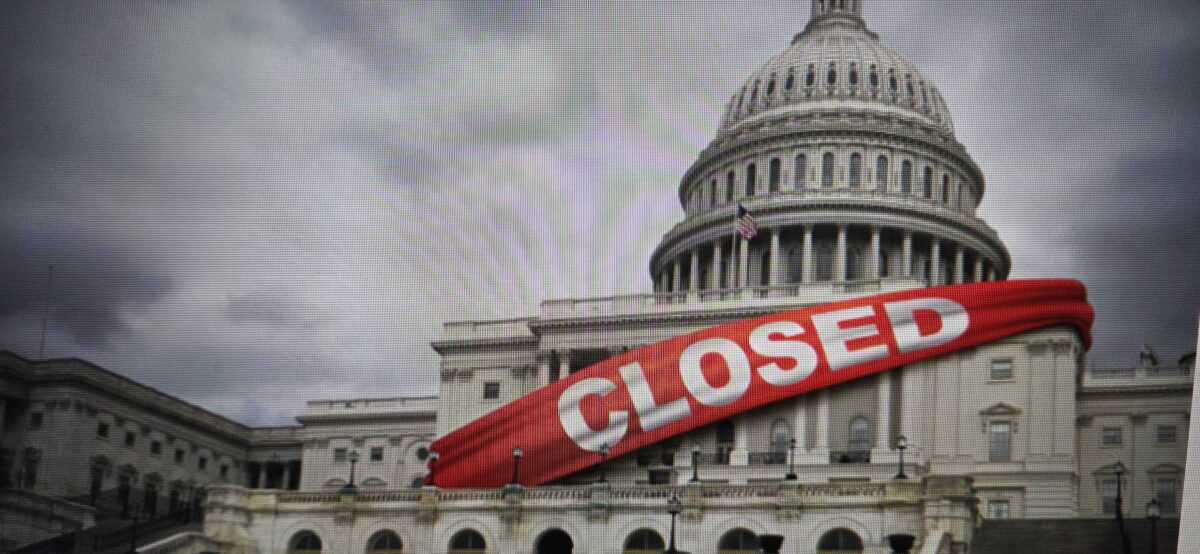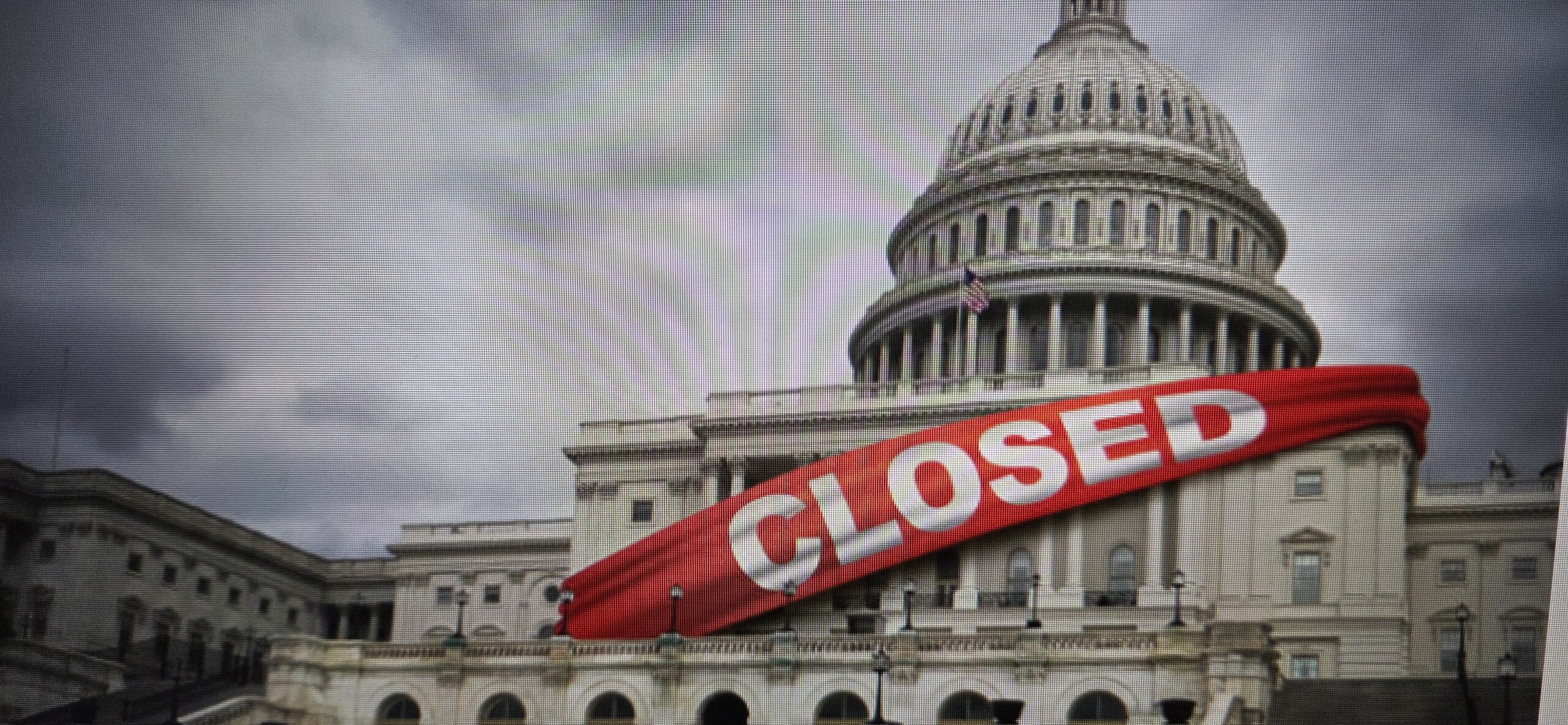Navigating the Shift: 2026 Mental Health Insurance Credentialing Update
medtrust
on
February 4, 2026

Navigating the Shift: 2026 Mental Health Insurance Credentialing Update
As we move further into 2026, the landscape for mental health professionals is undergoing a major structural shift. Between state-level program overhauls and new federal standards for parity, the “business” side of therapy is requiring more attention than ever.
If you feel like the goalposts for insurance contracting keep moving, you aren’t alone. Here is the latest news you need to know to keep your practice running smoothly this year.
The Great Ohio Transition: MyCare 2.0
The biggest news currently impacting the Midwest—and serving as a case study for the rest of the country—is the official launch of the Next Generation MyCare Ohio program.
As of January 1, 2026, Aetna Better Health and UnitedHealthcare Community Plan have officially exited the MyCare Ohio market for dual-eligible members. This has left thousands of providers scrambling to ensure they are credentialed with the four remaining “Next Gen” plans:
- Anthem Blue Cross and Blue Shield
- Buckeye Health Plan
- CareSource
- Molina Healthcare of Ohio
The Takeaway: If you haven’t updated your contracts yet, claims for these members under old plans will likely face immediate denials. This transition highlights a growing trend: states are consolidating managed care to fewer, “higher-performing” plans, making it vital for providers to stay nimble.
Federal Parity Enforcement Hits Credentialing
2026 marks a turning point for the Mental Health Parity and Addiction Equity Act (MHPAEA). New federal regulations now require insurance companies to prove that their credentialing processes are not more “restrictive” for mental health providers than they are for medical/surgical providers.
- What’s New: Payers are being audited on their “Network Adequacy.” If an insurance company has a six-month waitlist for mental health credentialing but only a two-week wait for a primary care doctor, they could face significant federal fines.
- The Impact: We are starting to see “closed panels” slowly pry open in areas where mental health access is low. If you were denied by a panel in 2024 or 2025, now is the time to re-apply.
The Rise of “Continuous Monitoring”
Gone are the days when you could “set it and forget it” after your initial credentialing. In 2026, major payers like Aetna and Cigna are shifting toward Continuous Querying via the National Practitioner Data Bank (NPDB).
Instead of waiting for your three-year re-credentialing cycle, AI-driven systems now alert payers instantly if there is a change in your:
- State licensure status.
- Malpractice claims.
- Sanctions or exclusions.
Pro-Tip: Ensure your CAQH ProView profile is attested every 90 days. In 2026, many automated systems will “soft-freeze” your payments if your CAQH attestation lapses by even a week.
Telehealth Credentialing: The “Place of Service” Finality
After years of temporary “emergency” rules, 2026 has brought finality to telehealth billing. CMS and major commercial payers have standardized the requirements for providers practicing across state lines.
- POS 10 vs. POS 02: Make sure you are using the correct code. POS 10 (Telehealth Provided in Patient’s Home) is now the standard for most mental health sessions.
- Interstate Compacts: If you are part of Psypact or the Counseling Compact, ensure your credentialing file with the insurance company specifically lists your “Compact Privilege” to avoid out-of-state denials.
Your 2026 Credentialing Strategy
To protect your practice this year, we recommend a three-step audit:
Sync Your NPPES and PECOS: Discrepancies between your NPI record and Medicare enrollment are now a top cause for 2026 claim holds.
Review State Compacts: If you practice across state lines via Psypact or the Counseling Compact, ensure your “Compact Privilege” is explicitly listed in your credentialing file with each payer.
Verify Taxonomy Codes: Ensure you are using the precise taxonomy (e.g., 101YM0800X for mental health) to avoid being misclassified as a “Medical” provider, which can trigger different (and often slower) credentialing rules.
For over 20 years, MedTrust Provider Advocates has been helping clients navigate the complicated and ever-changing credentialing process. Let us be your advocate and your guide.













